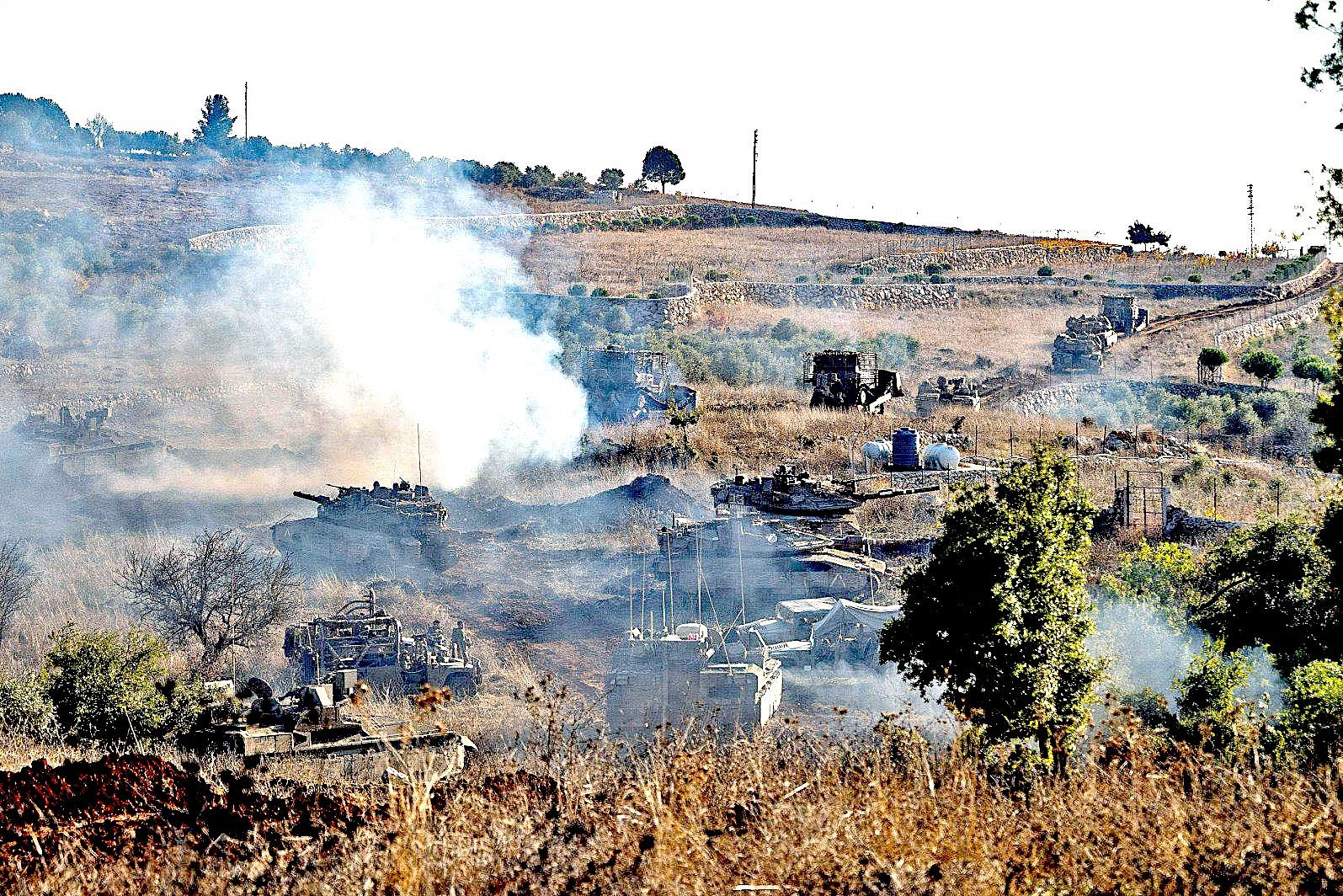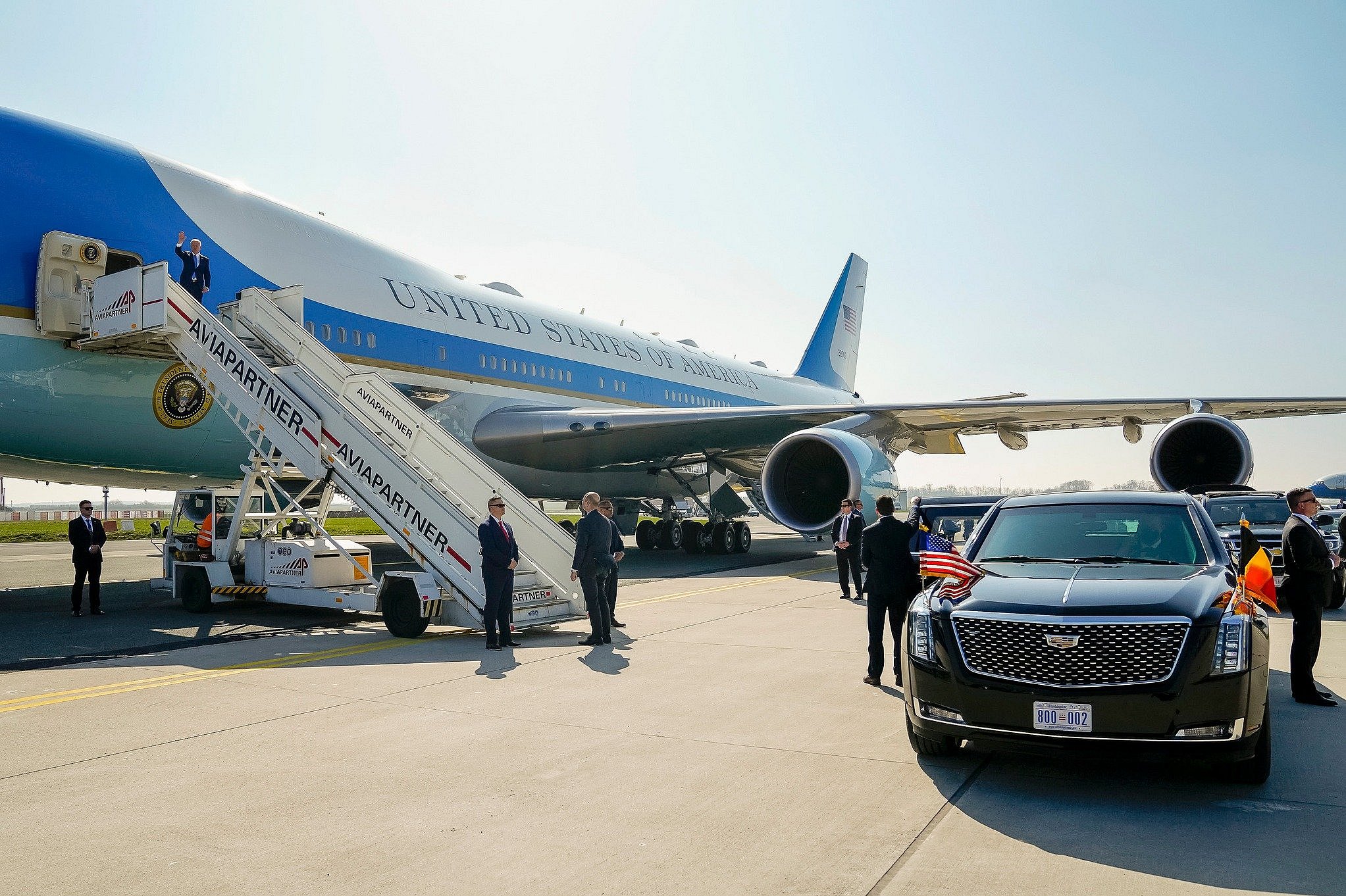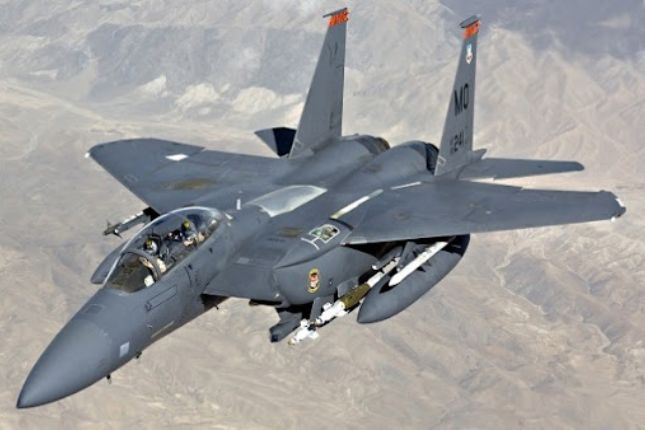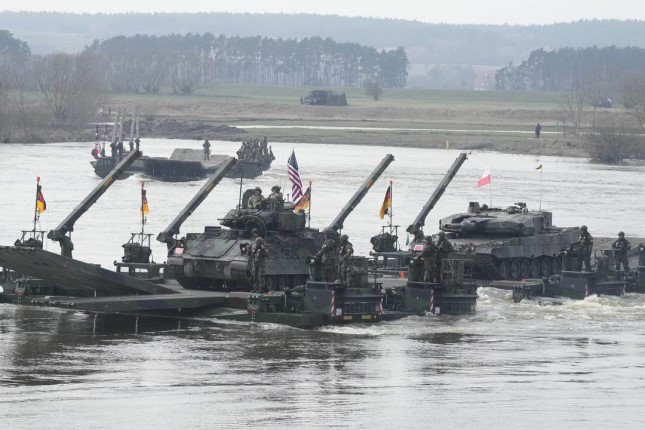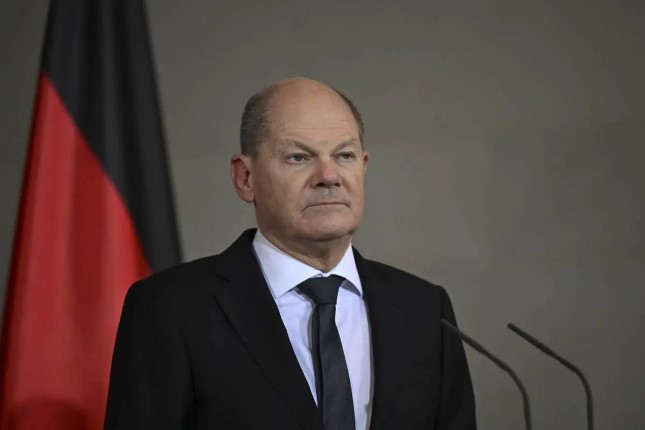The U.S. and Saudi Arabia are pushing Lebanon toward civil war.
The agreement for the cessation of hostilities between Lebanon and Israel (reached in November 2024) has been violated by Israel more than 4,500 times — according to the tally by the U.S.-sponsored Lebanese Army.
Government officials I spoke with in Lebanon over the summer stressed that it is the Saudi regime that is largely putting pressure on the Lebanese government. This pressure aligns with the Israeli agenda: they insist that Hizbullah must be disarmed.
Hizbullah clearly suffered a serious beating in the last war. It lost a large number of leaders and cadres and — most significantly — its secretary general in a massive bombing by Israeli fighter jets. It is noteworthy that Israeli use of fighter jets to kill people residing in apartment buildings, or even in underground bunkers, is never questioned by Western governments or human rights organizations.
The new Lebanese government is raising the slogan of “monopoly of arms” — the notion that the Lebanese government alone should assume responsibility for defending the country from external threats and aggression.
But this stance is not credible at all: the Lebanese Army (under the command of the present-day president, Joseph Aoun) has never fired a shot at Israel in recent years and, during the long war, abstained from returning fire even when army posts were directly targeted by Israel.
Saudi Arabia has been attempting since 2017 to undermine Hizbullah’s appeal and power in Lebanon when it kidnapped and tortured then-Prime Minister Saad Hariri because he refused to agree to a scenario of civil war.
Hariri was alarmed and refused to cooperate, even when he was forced to read a resignation letter that read more like a declaration of civil war.
But the balance of forces has since then shifted drastically — both in Lebanon and across the Middle East. Regionally, the Syrian regime has been replaced by a new Jihadist government that coordinates closely with the U.S. and Israel. It has also made clear that it harbors hostility toward Iran and resistance groups, not toward Israel.
The new Syrian president has sent numerous public and private messages indicating a willingness to provide security guarantees to Israel: he has clearly indicated that he will not object to Israeli occupation of more Syrian territory and has never called for the liberation of the Israeli-occupied Golan Heights.
Secondly, Iran is much weaker than it was two years ago. Its nuclear program suffered major setbacks, and its influence in the region has markedly declined.
The U.S., under Trump, does not shy away from heavy-handed imposition of hegemony. Locally, Hizbullah’s military setbacks have emboldened its domestic enemies, all of whom are clients of the U.S., Saudi Arabia, and the UAE — and Israel in some cases.
Prime Minister Nawwaf Salam previously held diplomatic posts as a political appointee and protégé of former pro-Saudi Prime Minister Fu`ad Sanyurah, with his last post at the International Court of Justice in The Hague. What he lacked in popular support, he made up for with utter subservience to the will of the U.S. and the Saudi regime.
Salam’s orders come from a Saudi prince now in charge of the Lebanese file, Prince Yazid bin Farhan. The Israeli-Saudi demands of the Lebanese government are:
- Disarm Hizbullah throughout the south Lebanon region, south of the Litani River.
- End security coordination between Lebanese government agencies and Hizbullah.
- Impose a siege on Hizbullah and choke its supply lines from the sea and overland from Syria. The Syrian regime is more than eager to cooperate with the Saudi-Israeli plans.
- Impose a new security regime within the Lebanese state and purge employees and officers suspected of loyalty to Hizbullah.
- Block supply lines via air between the Iranian regime and Hizbullah and prevent financial and food aid. Toward that effect, the new Lebanese government, presumably under Israeli orders, even banned the Iranian airline from Beirut airport. The religious connection between Lebanese Shiites and Iran was thus interrupted. Reconstruction efforts in South Lebanon, the southern suburbs, and the Biqa` Valley were deliberately hampered, perhaps to pressure the Shiite population into eventually turning against Hizbullah.
- Sponsor a fierce propaganda campaign portraying all Shiites — not only Hizbullah supporters — as alien to Lebanese culture and different from other Lebanese (the expression used is that they “don’t resemble us”).
- The propaganda campaign also stresses notions of defeat and failure, claiming that Lebanon’s resistance to Israel was a myth from the start.
- Launch a campaign promoting peace with Israel, suggesting that Lebanese interests lie in joining the Abraham Accords.
- Pressure Parliament Speaker Nabih Berri to break the solid alliance between the Amal Movement (headed by Berri) and Hizbullah.
- Unleash a climate of Israeli intimidation through daily attacks throughout Lebanon, combined with threats and hovering drones that cause widespread fear among the population.
- Promote the false dichotomy of disarming Hizbullah/peace with Israel and prosperity. This notion clashes with the miserable state of the Egyptian economy despite decades of an imposed peace treaty with Israel. U.S. aid to Egypt does not affect the population but keeps the military brass and elites satisfied.
This plan is not proceeding as assumed, however. The rise of a fanatical Jihadi regime next door to Lebanon has increased fears not only among Shiites but also among Christians and Druze. Those who fended off the ISIS/Al-Qa`idah threat from Syria during the civil war were not Lebanese Army troops, but Hizbullah forces.
To be sure, the the Lebanese Army, with apparent U.S. approval, staged a theatrical operation against the jihadists to give credit to state forces. But it was obvious that Hizbullah did the heavy lifting while the Army came later to claim credit. Even when Jihadi forces kidnapped and killed Lebanese Army soldiers and officers, the state was powerless and did not fight back.
The claims of the new Lebanese government were diminished when U.S. envoy Thomas Barrack gave an interview with the UAE regime mouthpiece, The National, revealing the inner thinking of the U.S. administration. It is quite revealing that — in the Trump era — we are not dealing with seasoned diplomats but with businessmen serving as amateur envoys due to their personal or business closeness to the commander-in-chief.
Barrack made it very clear the notion the U.S. would allow the Lebanese Army to acquire arms capable of defending against Israeli threats is illusory. He bluntly stated that the Lebanese Army is tasked with going after “its own people” in targeting Hizbullah for disarmament. He also added that Hizbullah has no incentive because Israel is striking throughout the region.
Barrack sounded more reasonable than the prime minister of Lebanon, who merely implements Saudi regime dictates. The U.S. can see the consequences of Lebanese state actions against Hizbullah and fears for the security of its interests in Lebanon, especially as Hizbullah has become the most dominant force in Lebanese politics.
The Saudi regime has not invested — neither economically nor politically — in Lebanon for many years and does not seem to care if Lebanon is pushed toward civil war.
The future of Lebanon will depend on whether the U.S. will protect the country from Israeli-Saudi machinations. The trend in the Trump era is that Israeli plans and schemes will be respected and carried out, not questioned.
What could yet save Lebanon from civil conflict is the realization on the part of the Lebanese Army commander that the plan to disarm Hizbullah is not viable and would cause a split in the army along sectarian lines, as happened during the 1975 to 1990 civil war.
The commander candidly told the Lebanese government that he will not participate in a plan that would spark such a war. But Israel has always sought civil war in countries around it — and even far afield, such as in the disastrous internal war now ripping Sudan apart, for instance.
Lebanon could be next.
Source: Consortium News.
